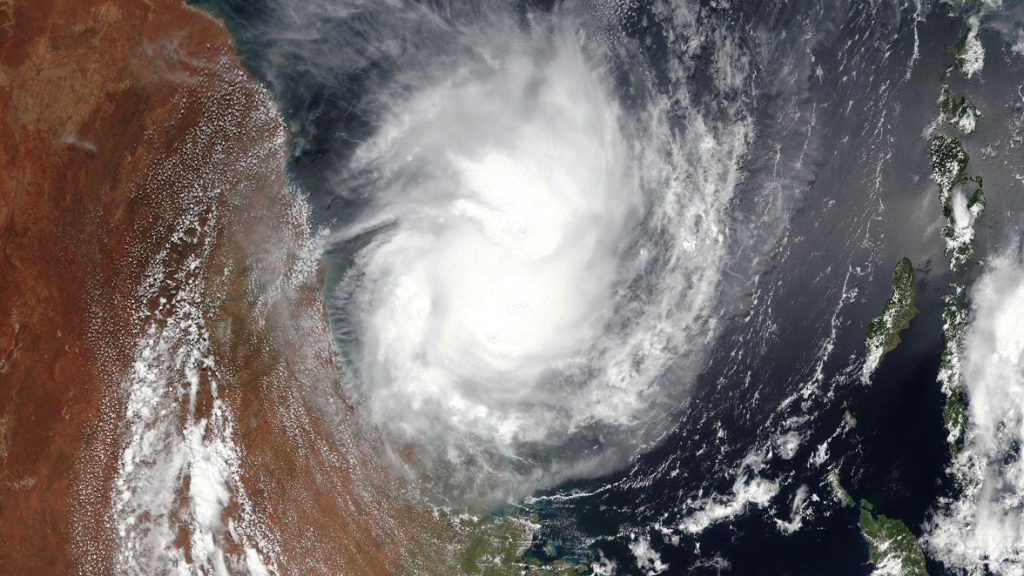
While the prices of most major commodities are wilting in the face of the coronavirus spreading out of China, iron ore is rallying, proving that supply disruptions can overcome the bearish sentiment over the economic fallout of the epidemic.
Spot iron ore MT-IO-QIN62=ARG has rallied 14% since hitting a low of $79.85 a tonne on Feb. 3, closing at $90.85 on Monday, according to commodity price reporting agency Argus.
Chinese iron ore futures on the Dalian Commodity Exchange enjoyed their longest winning streak in four years, rising 16.6% from a closing low of 580 yuan ($82.50) a tonne on Feb. 10 to end at 676 yuan on Monday.
The Dalian futures retreated in early trade on Tuesday, surrendering as much as 3%, but are still well above lows hit in early February as concerns mounted over whether Beijing could control the coronavirus that has now killed more than 2,600 in China and infected more than 80,000 worldwide.
Iron ore’s robust performance is built around supply disruptions from the two world’s biggest exporters, Australia and Brazil
Iron ore’s robust performance – despite the worsening death toll and the spread of the virus to countries including Japan, South Korea and Italy – is built around supply disruptions from the two world’s biggest exporters, Australia and Brazil.
There may also be an element of optimism that once the virus is contained, the authorities in Beijing will open the stimulus taps to boost spending on steel-intensive sectors such as construction and infrastructure.
The real boost to iron ore, though, has come from weather disruptions in both Australia and Brazil, with the former being hit by a tropical cyclone that shuttered ports and the latter by heavy rain that affected mining operations.
While detailed figures for exports this months are still being tallied, it seems likely that Cyclone Damien, which struck Western Australia state on Feb. 8, will result in several millions tonnes of lost shipments of iron ore.
Rio Tinto (NYSE: RIO), which last year overtook Brazil’s Vale (NYSE: VALE) as the world’s largest iron ore exporter, said its shipments in 2020 would be in a range of 324 million tonnes to 334 million, down from 330 million to 343 million prior to the cyclone.
While other Australian producers, such as BHP (NYSE: BHP) and Fortescue Metals, are maintaining full-year export guidance, it’s likely their February shipments will take a hit and be made up later in the year.
Brazil’s exports will also be lower the first two months of the year. Vale said on Feb. 11 that it expected iron ore output for the first quarter to be 63 million tonnes, down from a prior forecast of 68 million to 73 million, because of heavy rains.
The weaker exports have led to iron ore inventories at ports in China SH-TOT-IRONINV sliding to 128.6 million tonnes in the week to Feb. 21, according to data compiled by consultants SteelHome.
This is down from a recent peak of 131.1 million tonnes on Feb. 7, and well below the 2019 high of 148.9 million tonnes reached in early April.
The usual seasonal pattern for iron ore inventories is a build up to a peak in the first quarter of the year, followed by a drawdown as the summer construction season gets underway.
This year inventories have failed to build because of the supply disruptions, which have been enough to outweigh lower demand from steel mills that trying to resume full production following official restrictions on the movement of people and goods in China to contain the coronavirus.
The iron ore tightness in China isn’t being replicated in steel
The iron ore tightness in China isn’t being replicated in steel, with inventories of rebar SH-TOT-RBARINV surging to a record high of 10.5 million tonnes in the week to Feb. 21, and those for hot-rolled coil SH-TOT-HRCLINV reaching 3.85 million tonnes, more than double the November low last year of 1.7 million tonnes.
It’s not surprising then that rebar futures in Shanghai haven’t performed as well as iron ore. The close of 3,483 yuan a tonne on Monday, though, is still up 6.9% from the low so far this year of 3,259 yuan on Feb. 3.
While steel isn’t quite having the supply disruption of iron ore, it does seem it is also building a fair degree of optimism into the price on the hope of post-virus stimulus spending.
(By Clyde Russell)
Comments